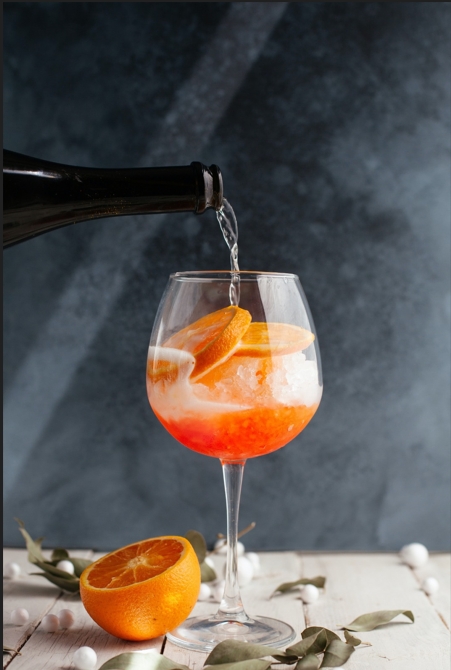

Campari Group Files Lawsuit Against Russian Company Master-trade Over Brand Protection
In a legal development with potential implications for the alcohol industry, Italian wine and spirits manufacturer, Campari Group, has taken legal action against the Russian company Master-trade. The lawsuit, filed with the Rostov Region Arbitration Court on July 25, centers on the protection of Campari Group’s Aperol and Aperol spritz brands in the Russian market (trademarks Nos. 516537, 1090485, and 1028398), with the aim of prohibiting the unauthorized import and sale of items under these brand names, as well as returning the goods released into civil circulation. The trial that was scheduled for October 30, 2023, is now postponed until December 4, 2023.
Campari Group is a prominent player in the global spirits industry, boasting a portfolio of more than 50 brands, including the popular Aperol. The Aperol brand has gained international acclaim, particularly for its signature Aperol Spritz cocktail, a blend of Prosecco, Aperol, and soda water. On the other side of the legal battle, Master-trade, the Russian company in question, holds exclusive contracts with leading global alcohol manufacturers. It is a key supplier of a diverse range of alcoholic beverages, including wines, sparkling wines, as well as cognac, whiskey, and vodka.
Since the departure of many foreign companies from the Russian market due to sanctions, Russian authorities have allowed parallel imports (importing goods without the right holder’s consent) of certain brands, including alcoholic beverages. In this situation, foreign alcohol manufacturers that remained in the Russian market are trying to prevent uncontrolled imports of their beverages, which could be supplied at lower prices in such a case.
This lawsuit highlights the potential disputes between international alcohol producers and local importers and distributors in the market. It serves as a reminder of the increasing importance of brand protection, especially under the conditions of legalized parallel import for certain goods provoking a desire to take advantage of the situation and expand the bounds of the law.
